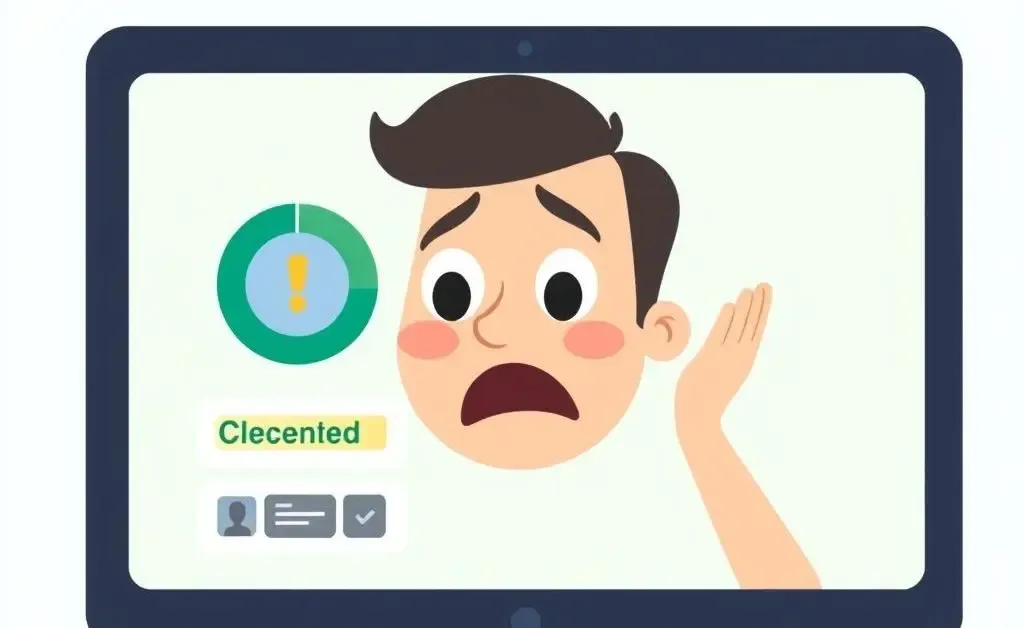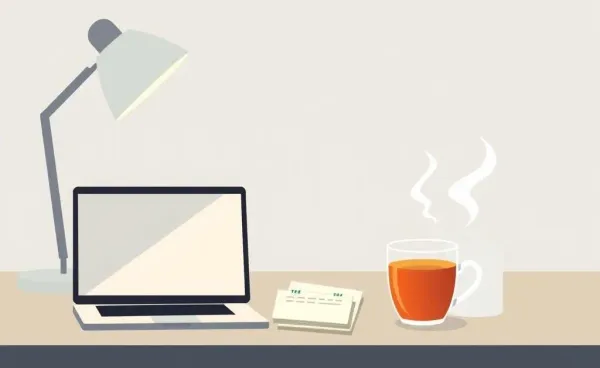Why Did My Credit Score Drop After Paying Off Debt?
Explore why clearing debt might reduce your credit score and how to bounce back.

Ever felt that frustrating moment when your credit score dips right after you'd celebrated paying off a hefty debt? You’re not alone, and it’s a head-scratcher, isn’t it? In this post, let’s unravel why this happens and how you can bounce back stronger than ever.
Understanding the Credit Score System
Credit scores seem like a mystery at times, but they’re actually based on a few key components like payment history, credit utilization, and credit age. When you pay off debt, particularly installment loans like a car or student loan, you might see a shift in these factors which leads to a credit score drop.
Key Reasons Your Score Dipped
Here are some reasons why your credit score might go down even when you’ve just paid off debt:
- Change in Credit Mix: If the debt you paid off was one of your only installment loans, it could reduce your credit mix, an aspect that makes up 10% of your score.
- Credit Age Impact: Paying off a long-term debt can change the average age of your accounts, potentially lowering your score.
- Zero Balance Myth: While it seems positive, having a zero balance across all accounts can mean lost points because active usage of credit can benefit your score.
Personal Story Time
Imagine strolling through a peaceful park, savoring that post-debt freedom. This was exactly where I was, blissfully unaware of the impending hiccup awaiting me at my next credit check. After months dedicated to freedom from my student loan, my heart sank slightly when the score dipped. But hey, it’s a learning curve, isn’t it?
Bouncing Back: Tips to Recover Quickly
Now that we know what might cause this unexpected dip, let’s talk about recovery steps:
- Keep Older Accounts Open: Retain those longstanding accounts to maintain a healthy average age.
- Use Credit Responsibly: Make small regular purchases on your credit card and pay them off monthly.
- Monitor Regularly: Keep a close eye on your credit report to catch any anomalies early on.
Ready for the Next Step?
So, there you have it! Understanding the quirks of the credit scoring system can save you from that surprise and help you plan ahead. Curious about which steps you can take today to optimize your financial strategy? Let’s dive into those in the comments below. How do you keep your financial health in check?




